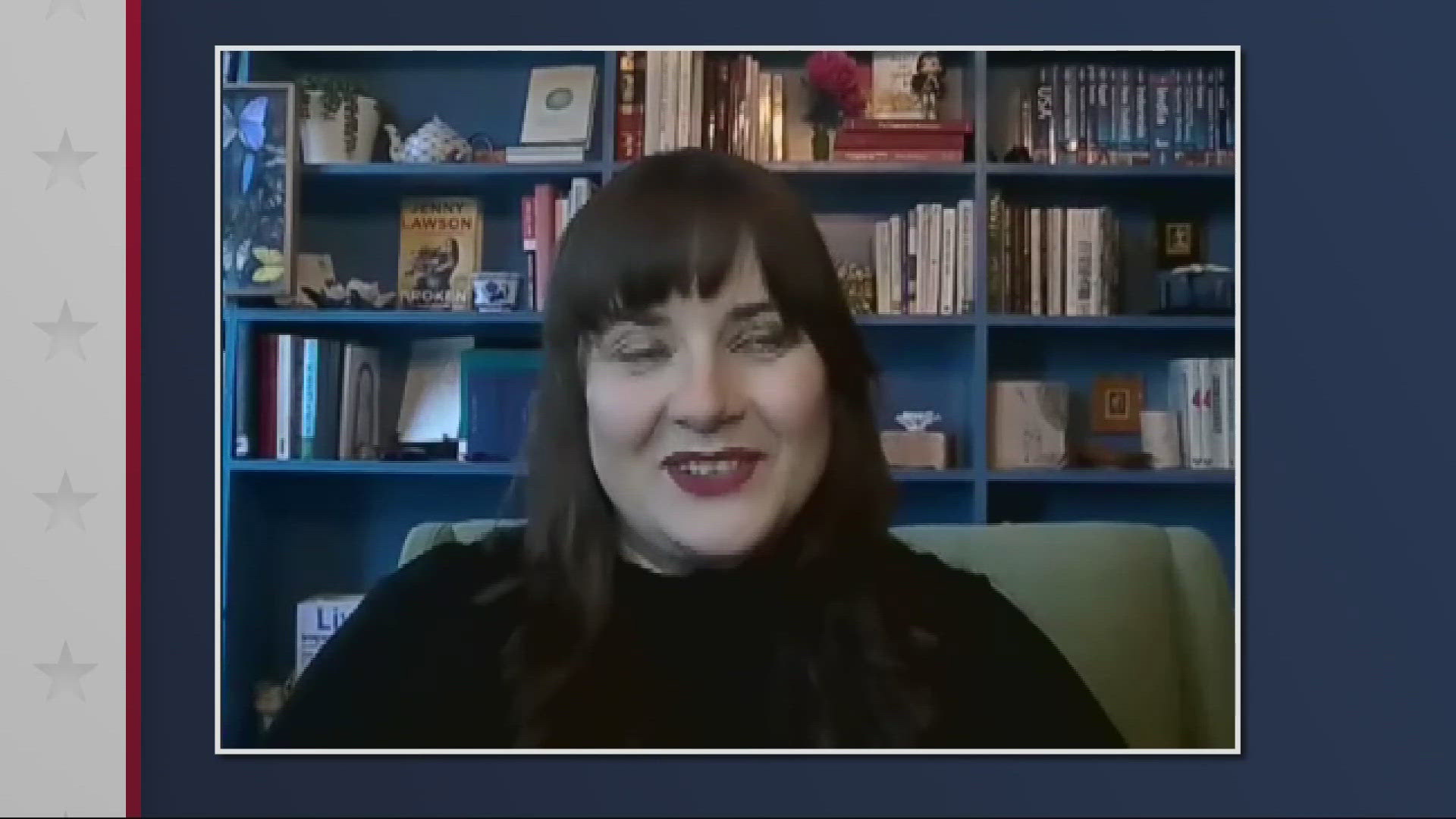PORTLAND, Ore. — The city of Portland has paused matching funds for donations made between candidates and their family members following reports that a number of city council hopefuls were trading contributions as they sought to hit the threshold for public matching funds.
According to Susan Mottet, director of the Small Donor Elections program, contributions made "during the period in which candidates were discussing exchanges" are considered temporarily unmatchable as her office awaits more data on which candidates have made exchanges. That should happen by mid-October, Mottet said.
"The program had to determine whether some contributions from candidates were part of an exchange earlier than that, because it had a deadline to approve or deny certification applications by September 25," she told KGW. "In those cases, the program conducted records inspections, reviewing communication between candidates about contributions, to ensure any contributions that counted toward the candidate’s certification application were not part of an exchange.
"Once the program has complete reports about all contributions, it will continue to carry out this work to ensure that only contributions that are eligible to be matched will be matched."
Willamette Week's Sophie Peel was first to report on email threads showing that several city council candidates had discussed contributing to one another as many of them struggled to reach the minimum of 250 donations needed in order to secure matching funds through Portland's Small Donor Elections program.
Mayoral candidates need 750 donations to qualify for the program, and subsequent reporting showed that both Keith Wilson and Liv Østhus made a number of reciprocal donations, with the latter reportedly agreeing to do so in an email thread.
The publication went on to report that that the practice of donation swapping was not only significantly more widespread than it first appeared, but the city was made aware of it several weeks before the first story broke. The practice may violate an Oregon law against "undue influence" in campaign contributions.
In an email, the Oregon Secretary of State's office confirmed Tuesday that it has opened an investigation into the matter, naming as subjects four city council candidates identified in Willamette Week's initial story: Chad Lykins, Michael Trimble, Sam Sachs and Mike DiNapoli.
Now, the Small Donor Elections program has placed a pause on matching funds for donations made by candidates or their family members since Aug. 7.
Importantly, the deadline for certification in the Small Donor Elections program happened Aug. 27, meaning any candidates seeking to hit the donor threshold to participate have already either done so or failed to do so. As a result, any benefit candidates would receive from swapping funds is now only for those who qualified and solely for the match itself.
Mottet pushed back on an analysis by The Oregonian, which reported on the pause Tuesday. The publication said that reciprocal donations weren't evident at this scale in 2020 or 2022, before charter reform changed the landscape of local elections, but Mottet said that her office's data does not back that up.
"Data on candidate-to-candidate contributions in 2020 and 2022 suggest that candidates donated to other candidates at about the same rate as in 2024," Mottet said. "This is no surprise. People who run for office are highly politically engaged, as are people who contribute to candidates."
Mottet said that contributions between candidates are acceptable under the Small Donor Elections program, but the city will not match them if they were made as part of an agreed upon exchange for an item of value, which is why her office is now checking them against the candidate communications they've received.
However, this means that contributions exchanged between candidates where there's no available evidence of quid pro quo will remain matchable with public funds.
Since the Small Donor Elections program launched in 2020, it has become a popular option even for candidates who could no doubt rely on significant support from big donors, but it's been a major boon for candidates with grassroots support and little financial backing. It matches the first $20 donated by a Portland resident by up to 9-to-1 using taxpayer dollars.
An example given by the city is that 500 contributions averaging $20 each would turn a candidate's $10,000 into $90,000. Candidates are limited to only accepting donations of $350 or less per donor, and they can only accept contributions from people or small donor committees to participate.
In this election, candidates for mayor have a match cap of $100,000, while auditor has a cap of $40,000. City council candidates have three match cap tiers of $40,000, $80,000 and $120,000. Several council candidates have reached the second tier, but only one — Tiffany Koyama Lane running in District 3 — had hit the third as of Oct. 1.

